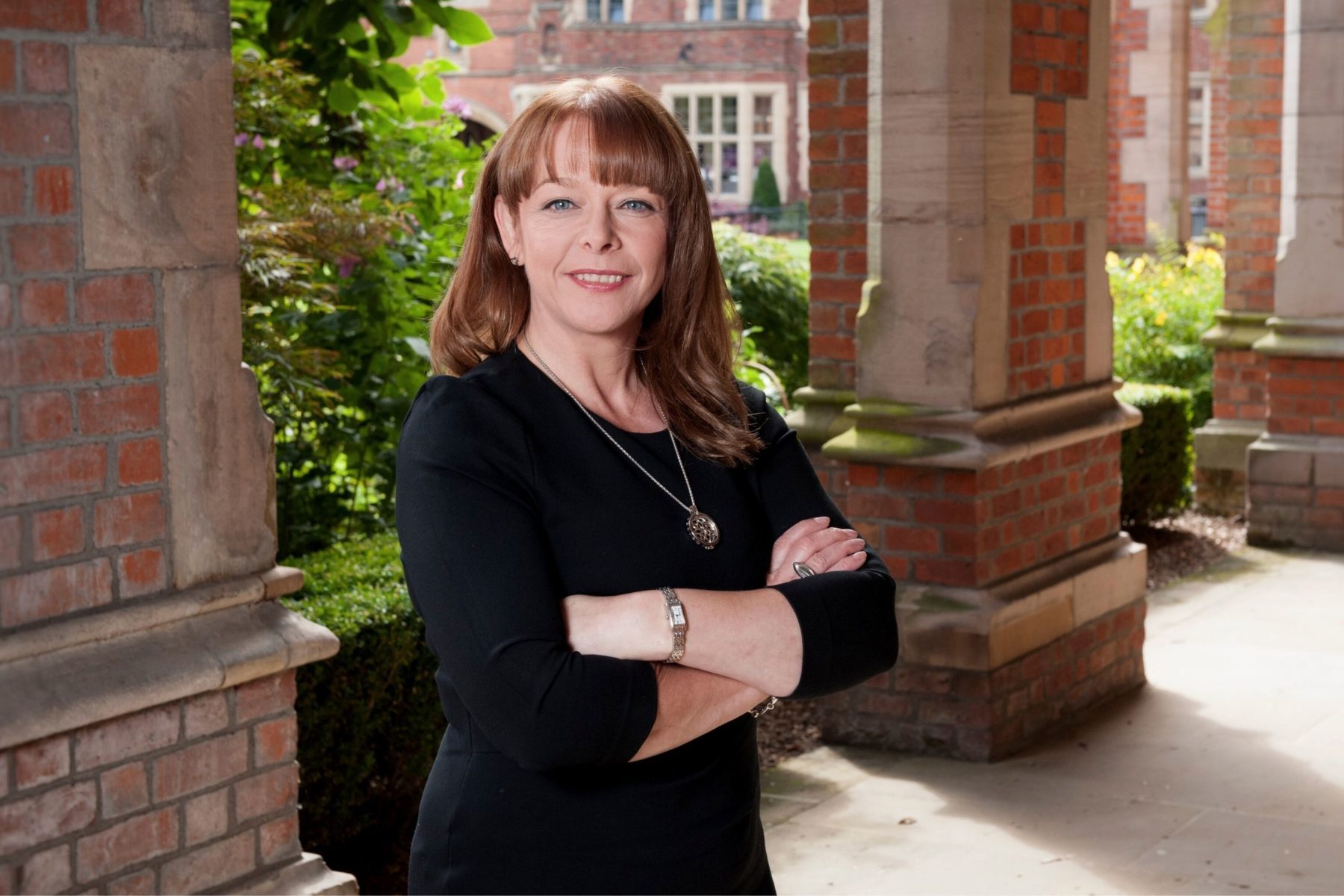Professor Nola Hewitt-Dundas was conferred to the Fellowship of the Academy of Social Sciences in spring 2022. She is currently Pro-Vice Chancellor for Arts, Humanities and Social Sciences at Queen’s University Belfast with responsibility for over 700 staff and 10,500 students. Prior to this she led Queen’s University Management School for four years and was awarded the IoD (NI) Public Sector Director of the Year award.

Professor Nola Hewitt-DundasFAcSS
Professor Nola Hewitt-Dundas is highly regarded Internationally and has made a significant contribution to both academia and practice. Her research is multidisciplinary, examining business development and economic prosperity, with a focus on the inhibitors and facilitators of R&D and innovation in SMEs and the consequences of this for their performance.
She has been involved in over 30 externally funded research and consultancy projects with the most recent project being ‘Smart Nano NI’, a £63.9m UKRI-funded project, bringing together advanced prototyping and smart manufacturing methods to deliver new technologies incorporating nano manufacturing and photonics.
Among many distinguished honours and achievements, she has held fellowships with the UK Enterprise Research Centre, ESRC and Innovate UK, and the National Endowment for Science, Technology and Arts. She has also been an adviser for the Northern Ireland Assembly, Department for Business, Energy and Industrial Strategy, EU, OECD and the World Bank.
What does becoming a Fellow of the Academy of Social Sciences mean to you?
I feel very honoured and privileged to be conferred as a Fellow. I am excited about becoming part of a community of world-leading social scientists and working closely with practitioners on the many systemic challenges facing us nationally and internationally.
Why does social science matter?
Social science has a disciplinary breadth that fundamentally shapes our understanding of society. It is intricately linked with engineering and science in formulating societal challenges but also in ensuring that technological and scientific advances are effective through their adoption and diffusion in society.
What is the most urgent issue that you feel social scientists need to tackle at this time?
There are many urgent issues facing social scientists. The specific ‘issue’ is less critical than ‘how’ or the process by which we seek to develop answers. Greater multi- and inter-disciplinary collaboration between academics and practitioners, with social science leading these conversations, rather than being tangential to science and engineering, will help articulate the issues and ensure effective policy and practical interventions.